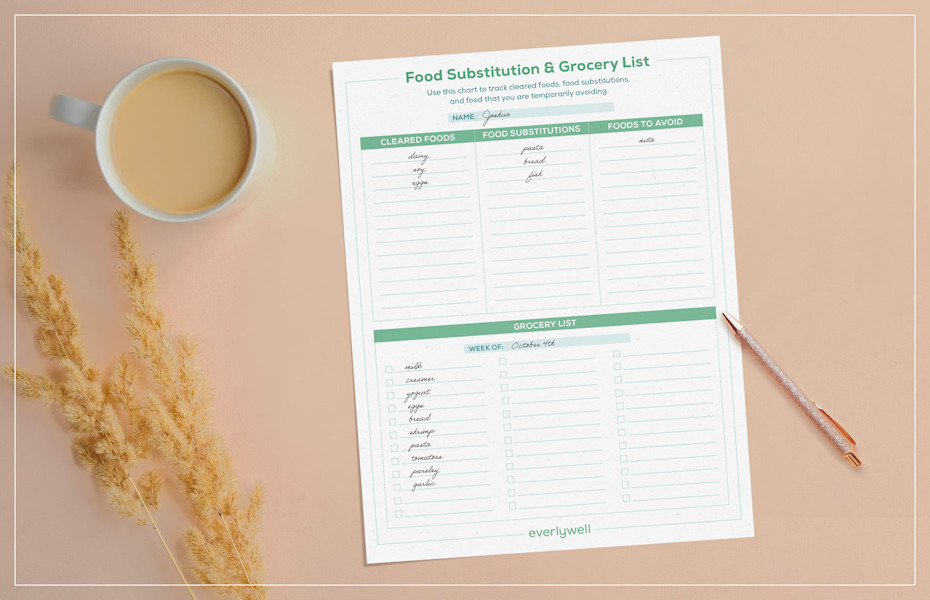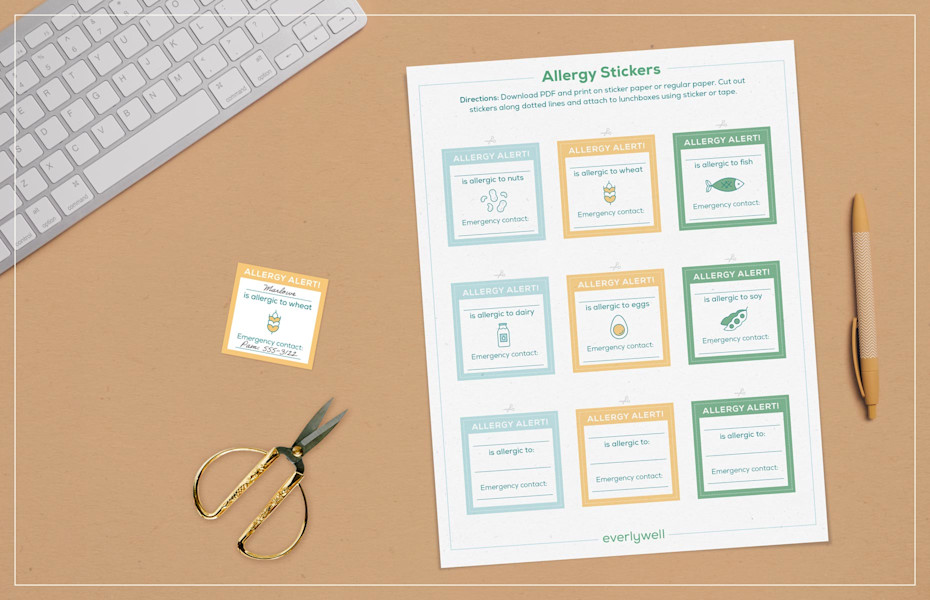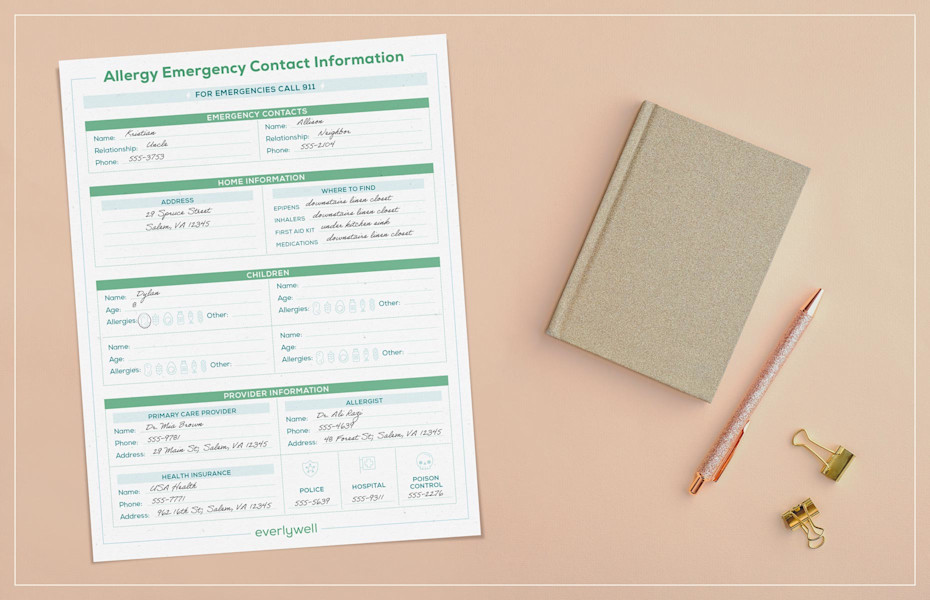We all know how irritating and uncomfortable it can be when we eat something that won’t agree with our stomachs. After all, food should make you feel good and nourished. However, food sensitivities and allergies can cause bowel problems, stomach pains, discomfort, and even threaten your health.
Therefore, distinguishing possible allergies from intolerances limits exposure. You can ensure the health and safety of yourself and your children. If you’re looking to pinpoint foods that may be worth cutting from your diet or think you may have a food allergy, here are some tips to clarify the difference.
Food Sensitivities
According to nutrition experts, food sensitivities are defined as delayed, non-life-threatening immune reactions to specific food groups or foods. A person can experience the symptoms of consuming food they are sensitive to days after ingesting the food. Common side effects include diarrhea, bloating, indigestion, and more.
If you are suspecting that you have sensitivities to certain foods, you can take an at-home food sensitivity lab test to measure your IgG reactivity to foods. Once you discover what foods you should avoid, create a grocery list that includes healthy foods that won’t bother your stomach. Download this food substitution and grocery list to jumpstart your meal planning!

Food Allergies
Food allergies differ from intolerances because they are potentially life-threatening and trigger an immediate immune response to certain foods. People often experience histamine reactions like hives or difficulty breathing. Food allergies cannot be treated with an elimination diet to decipher how and when to cut back on the specific food.
In other words, all products and byproducts containing the food should be avoided. If you are experiencing these symptoms, contact your healthcare provider to manage and mitigate possible allergy risks. You can also use these allergy stickers that point out what foods you can and cannot eat with common allergies!

Emergency Allergy Situations
Experiencing someone when they go into anaphylactic shock or when they have an allergic reaction can be scary. It is important to be prepared for who to contact if you or your child has severe allergies.
Prepare your child with an emergency plan in case they have an allergic reaction and need medical attention. You will be thankful if the time ever comes that you remained calm, collected, and alert to help the person who is suffering. One great way to plan ahead is to use our allergy emergency printable to give out to anyone who may be spending time around your child or friend with an allergy.

Whether you are experiencing food sensitivities yourself or suspect that your child may have an allergy, brushing up on your food safety and diet knowledge will help you to be prepared in the face of possible difficulties. There are tons of ways to manage sensitivities and allergies that can ensure the safety of your children while they enjoy foods that they like.
For more information on food allergies and intolerances, visit our Allergy Guide, EverlyWell, and take care of your child so they can eat yummy, healthy foods that will make them feel good.














